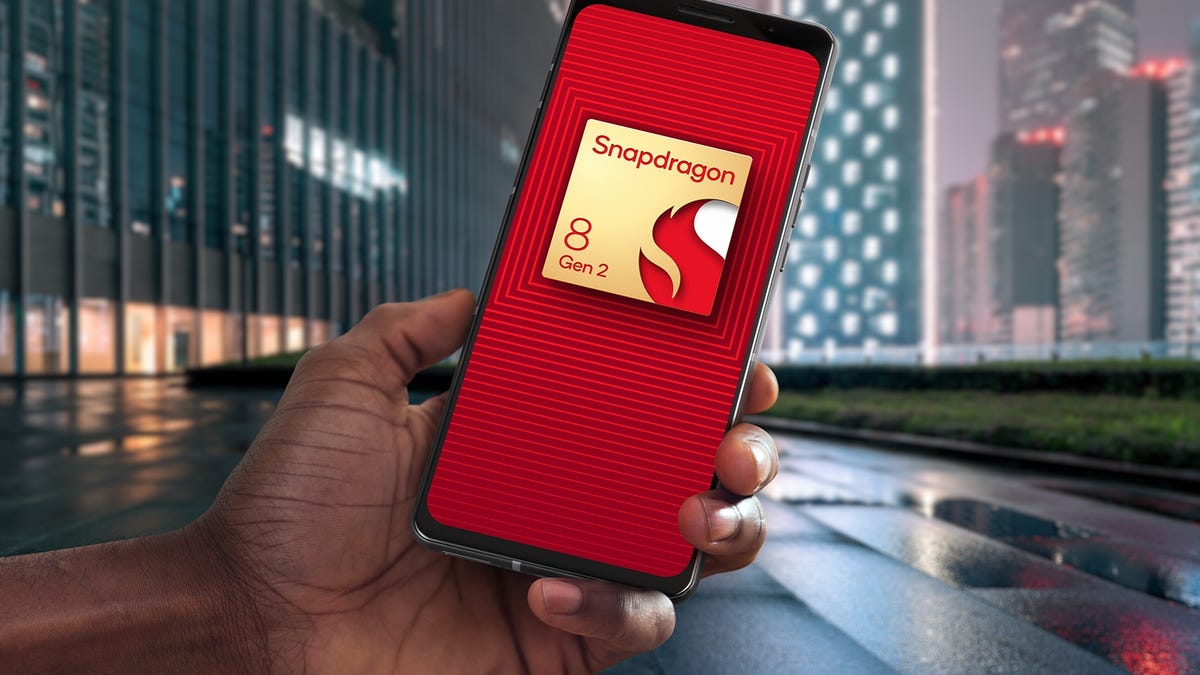Look Out, eSIMs -- Future Phones Could Use More Efficient 'iSIMs'
The eSIM alternative iSIM will integrate SIM functionality directly on a smartphone's processor, starting with the Snapdragon 8 Gen 2.

Qualcomm's next top-tier mobile chipset, the Snapdragon 8 Gen 2, will be the first to offer "iSIMs."
In addition to physical SIM cards storing your carrier subscription info and contacts, over the last few years phone-makers have been offering eSIMs embedded into phones to easily switch between service providers without swapping out a physical card. But chipmaker Qualcomm has a new way to digitally swap service: the iSIM, or integrated SIM, which could be a faster and cheaper alternative.
While eSIMs are installed on silicon somewhere within phones, iSIMs are located directly in the processor, and should let you similarly manage carrier profiles digitally on the phone. According to Qualcomm, this leads to lower cost and better efficiency, since iSIMs need fewer components and take up less space. That could make iSIMs more appealing for cheaper phones and other connected devices, like tablets and wearables, the company said in a press release.
Since iSIMs draw significantly less power than eSIMs, they'd be ideal for internet of things devices, according to a blog post by cybersecurity company Thales, which partnered with Qualcomm in developing iSIMs.
The first chip to use iSIMs is Qualcomm's Snapdragon 8 Gen 2 chipset. But Qualcomm didn't indicate whether top-tier Android phones that have already shipped with the chip, like the Samsung Galaxy S23 series or the OnePlus 11, will be able to use iSIM.
Qualcomm didn't immediately respond to a request for comment.

